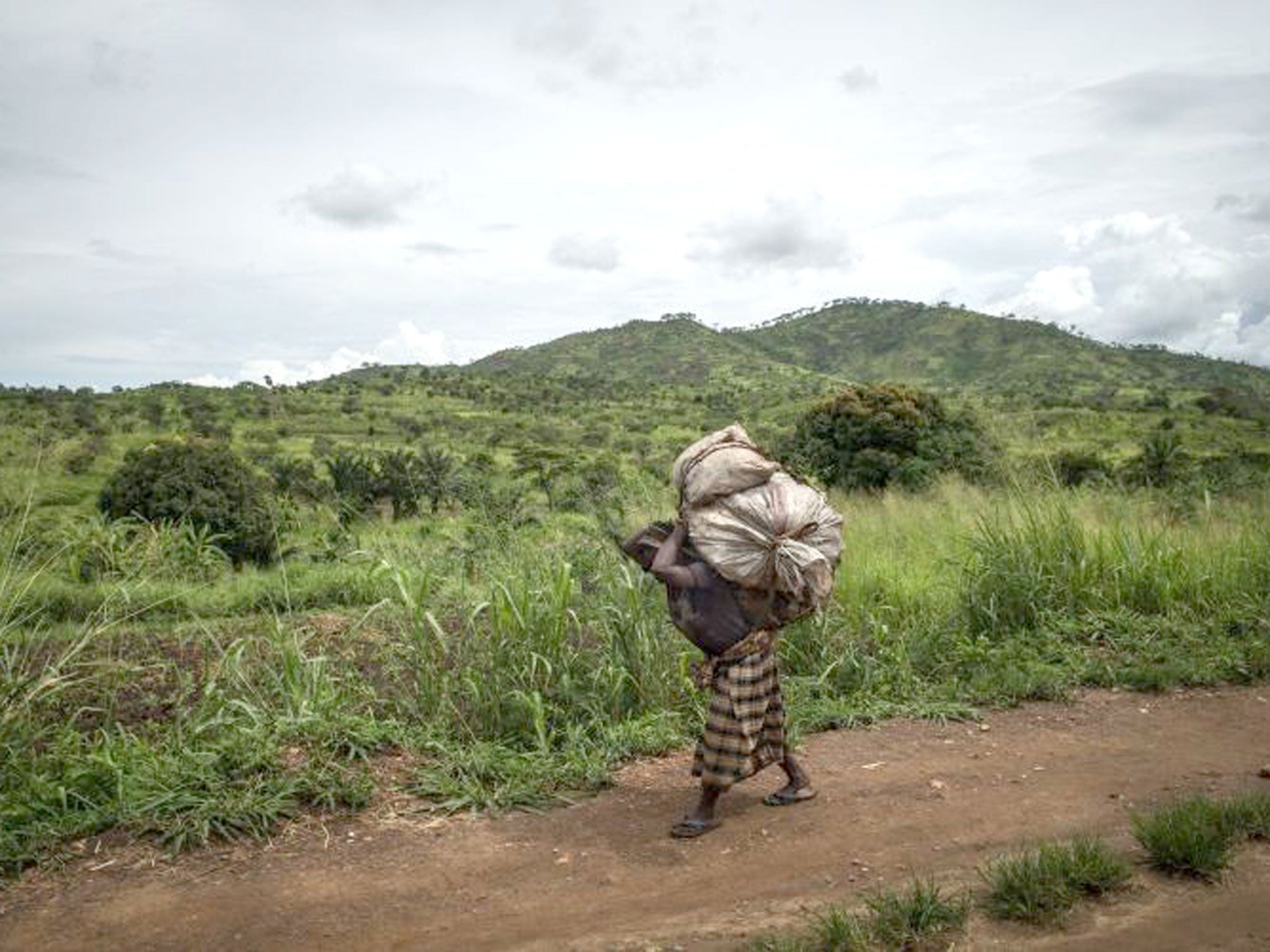The Lights of Pointe-Noire by Alain Mabanckou, trans. Helen Stevenson, book review
Alain Mabanckou's joyous, vivid narrative style brings to life a frank, tender memoir

Your support helps us to tell the story
From reproductive rights to climate change to Big Tech, The Independent is on the ground when the story is developing. Whether it's investigating the financials of Elon Musk's pro-Trump PAC or producing our latest documentary, 'The A Word', which shines a light on the American women fighting for reproductive rights, we know how important it is to parse out the facts from the messaging.
At such a critical moment in US history, we need reporters on the ground. Your donation allows us to keep sending journalists to speak to both sides of the story.
The Independent is trusted by Americans across the entire political spectrum. And unlike many other quality news outlets, we choose not to lock Americans out of our reporting and analysis with paywalls. We believe quality journalism should be available to everyone, paid for by those who can afford it.
Your support makes all the difference.Ever since writers from the so-called "Third World" began to win acclaim in the cultural citadels of the West, a tempting genre of literary memoir has lain in wait for them. Proud of his success in the metropolis but also burdened by it, the post-colonial boy made good returns to the scenes of his youth for a spell of bittersweet reflection. From the Caribbean, Aime Cesaire and V S Naipaul pioneered this kind of journey. Now, Alain Mabanckou gives it a contemporary West African twist – more charming, less anguished, but almost as sad.
Mabanckou was born in Pointe-Noire, principal port of the Republic of Congo, a few years after the nation's independence. Following a well-trodden path, he went to study and then write in France. Novels such as African Psycho, Memoirs of a Porcupine and (my favourite) Broken Glass have made his name as a hugely engaging storyteller whose humour, mischief and sheer bravura only throw the melancholy of his forlorn migrant heroes into even bolder relief. Now he, justly, stands among the finalists for the Man Booker International Prize, announced next week.
His previous book, Tomorrow I'll be Twenty, wittily scrambled autobiography and fiction in its portrait of the artist as a curious, cheerful but perplexed 10-year-old. Think Roddy Doyle in Little Congo. Now he has written an overt memoir, but one that shares with his novels a glorious polyphony of voices and a winning amalgam of frankness and tenderness – deftly carried into English again by his regular translator, Helen Stevenson. In 2012, Mabanckou returned to Pointe-Noire after 23 years. He comes home as a "black stork", perched uneasily in the middle of life's stream, and "hoping I might stop the flow of my existence, whose smooth course is troubled by the myriad leaves blown down from the family tree".
Maman Pauline, his tireless and courageous mother, died young in 1995 and left a son in denial about her passing. Now he seeks to make his posthumous peace with her, this "pariah" of a beloved only child who "locked his mother's womb" behind him. He must also negotiate the sprawling clan of yarn-spinners we first met in Tomorrow I'll be Twenty, from Papa Roger – practically, if not genetically, his dad – to a gaggle of eccentric folks, all evoked with affectionate relish.
Mabanckou conjures a world where ragged modernisation coincides with tentacular kin networks and traditional lore. So we meet not only go-ahead cousins such as the nattily dressed lady-killer Grand Poupy, but mystical Uncle Matete. He took Alain hunting but refused to let him kill the stag and hind, their family's animal doubles. Eat them, Matete warns, and he will lose a part of himself, "the part we call luck, or blessing".
The clan that raised this literary celebrity still battles homelessness, destitution and disease. They live in fear of Room One at the city hospital, where Alain's relations enter but never leave alive. Mabanckou often skips across a faint line between laughter and tears, as in the wrenching scene where ruined half-brother Yaya Gaston turns up drunk at a reading in the French Institute to proclaim his kinship with the feted author. Slightly less successful are the monologues ascribed to salty local characters: the proud queen bee of the shanty-town prostitutes, or the garrulous veteran of civil wars. Mabanckou lends them heartily entertaining voices, but can keep a safe distance from their fates. Not so with the family whose warm, tight and guilt-inducing embrace reminds him what he loved about Pointe-Noire, why he had to depart – and why he now slinks back like one of those stricken seaside ghosts who, so locals believe, haunt the ocean-battered rocks of the Cote-Sauvage.
Join our commenting forum
Join thought-provoking conversations, follow other Independent readers and see their replies
Comments